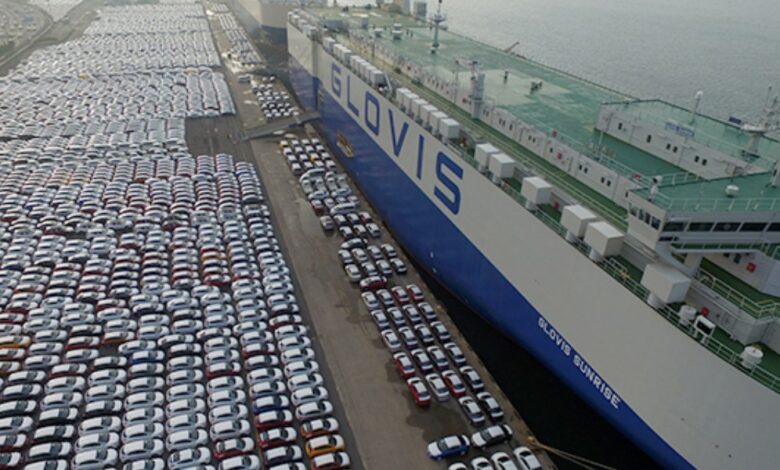Hyundai Glovis no longer under vessel decommissioning spyglass

Norway’s $1.3trn Government Pension Fund has terminated the observation of Hyundai Glovis after the South Korean shipowner introduced a new policy for the disposal of decommissioned vessels.
Norges Bank took note of a recommendation by the Fund’s Council of Ethics and published its decision to start observation of Hyundai Glovis in March 2022 due to the company disposing of decommissioned vessels by sending them to be broken up for scrap on beaches in Pakistan and Bangladesh.
Hyundai Glovis at the time stated that it would consider better ways of recycling decommissioned vessels and that it had no plans to dispose of additional vessels for breakup until 2024. The Council considered that this would give the company sufficient time to find better alternatives for ship recycling.
Earlier this year, the South Korean company announced it introduced a new policy for the disposal of decommissioned vessels named Green Recycling Policy.
The policy requires that Hyundai Glovis’ vessels be broken up only at shipbreaking yards that are inspected and approved and that the yards concerned must operate in compliance with the Hong Kong International Convention for the Safe and Environmentally Sound Recycling of Ships and other relevant regulations. Furthermore, the policy requires the company to prepare an Inventory of Hazardous Materials (IHM) for those vessels that are to be disposed of.
The Hong Kong Convention establishes standards with respect to the breaking yards’ equipment and infrastructure, as well as how the work is to be carried out.
“In light of [this], the Council considers that there are no longer any grounds for continued observation of Hyundai Glovis,” the Norwegian Pension Fund’s Council of Ethics said.
